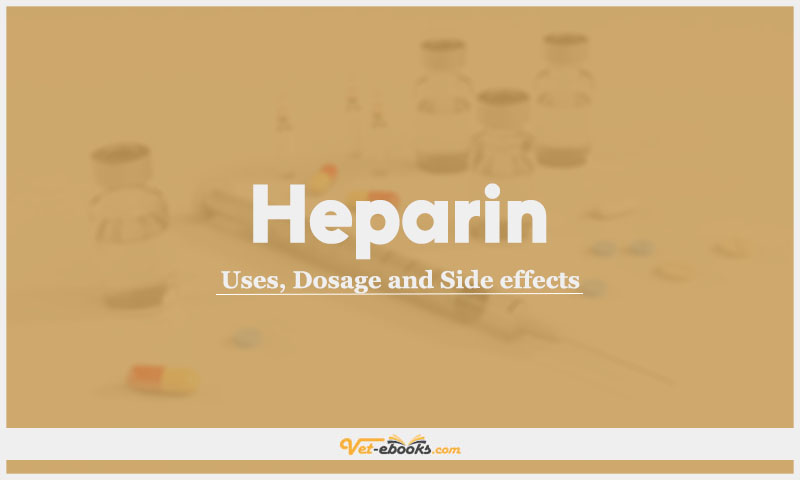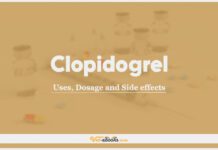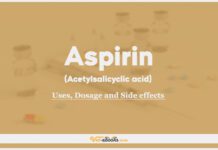Heparin (unfractionated) (UFH): Uses, Dosage and Side Effects

Overview
- Heparin is an anticoagulant that works largely by increasing the binding of antithrombin III (AT III) to factors IIa, IXa, Xa, XIa, and XlIa; it is only effective if there is enough AT III present.
- The AT III/clotting factor complex is then eliminated by the liver.
- Heparin inhibits the conversion of fibrinogen to fibrin and inactivates thrombin.
- Factor XII activation inhibition prevents the production of stable fibrin clots.
- Heparin has little effect on clotting factor concentrations and does not lyse pre-existing clots.
Uses of Heparin (unfractionated) (UFH)
- Management of hypercoagulable disorders related with an elevated risk of thromboembolic complications (e.g., immune-mediated haemolytic anaemia, feline cardiomyopathy, protein-losing nephropathy).
- Because UFH action is less predictable than LMWH, therapy must be closely monitored, ideally via Anti-Xa activity (which may not be practicable).
Dose of Heparin (unfractionated) (UFH) in Dogs and Cats
Dogs:
- Anticoagulation: 150–300 IU/kg s.c. q6; adjust dosage so that the aPTT is 1.5–2.0 times normal or anti-Factor Xa activity between 0.35 and 0.7 IU/ml; 100 IU/kg bolus i.v., then 480–900 IU/kg/24h (20–37.5 IU/kg/h).
Cats:
- Anticoagulation: 250–300 IU/kg s.c. q8h.
Drug Dosage Calculator
You Should Give:
Side Effects of Heparin (unfractionated) (UFH) in Dogs and Cats
- If an overdosage occurs protamine can be used as an antidote.
- Heparin should not be administered i.m. as it may result in haematoma formation.
- Its use in DIC may worsen haemorrhage especially with thrombocytopenic patient.
- Heparin-induced thrombocytopenia syndrome is a serious concern in human patients but has not been reported in dogs or cats.
Contraindications of Heparin (unfractionated) (UFH) in Dogs and Cats
- Major bleeding disorders.
- Increased risk of haemorrhage, thrombocytopenia.
Some Notes:
- Use with caution when used with other medications that can cause coagulation abnormalities (e.g., aspirin, NSAIDs).
- ACTH, corticosteroids, and insulin may all be inhibited by heparin.
- Heparin may raise diazepam levels in the blood.
- Heparin’s effects may be mitigated in part by antihistamines, digoxin, and tetracyclines.
- Other medications should not be mixed in the same syringe as heparin.
Tip
Do You Want To Increase Your Veterinary Knowledge and Practical Skills?
You Can Now Browse and Download +3000 Books For Veterinary Professionals & Students Online.
Download Veterinary Books














